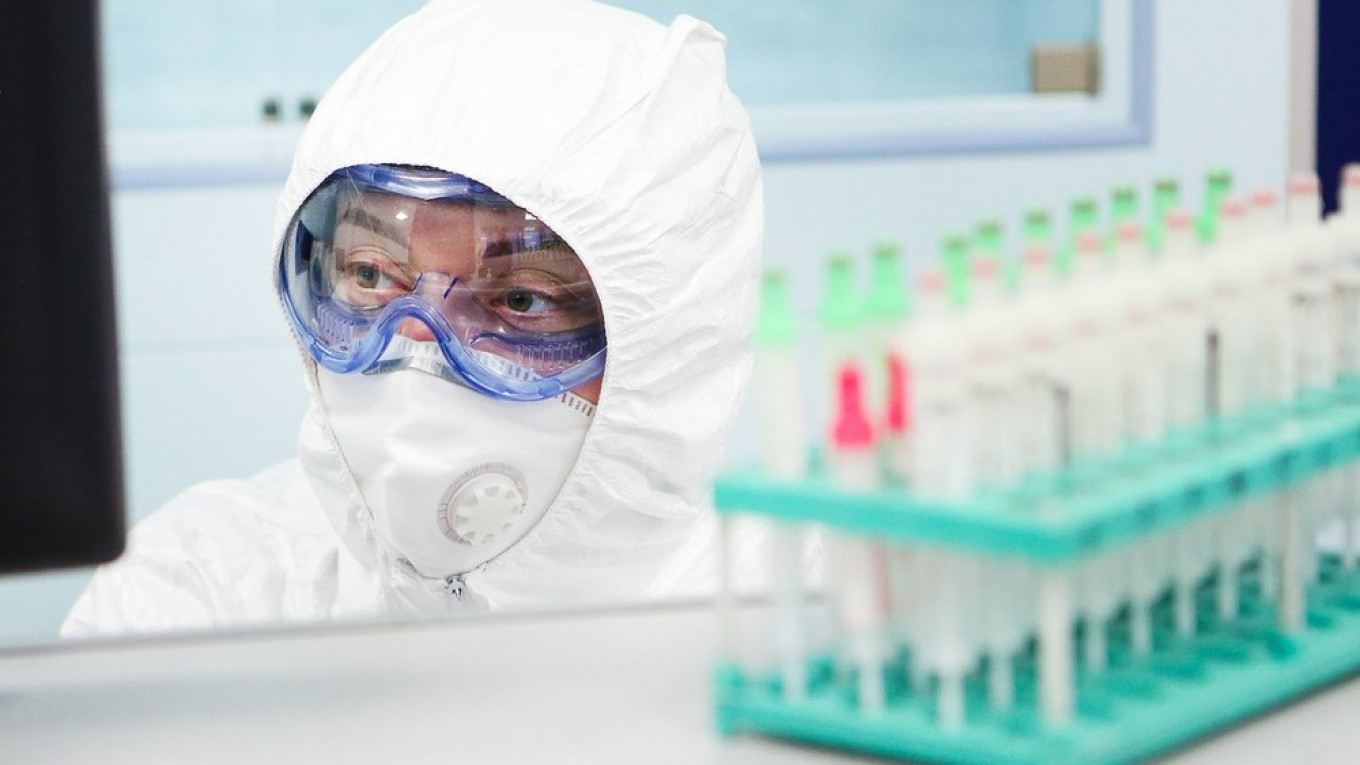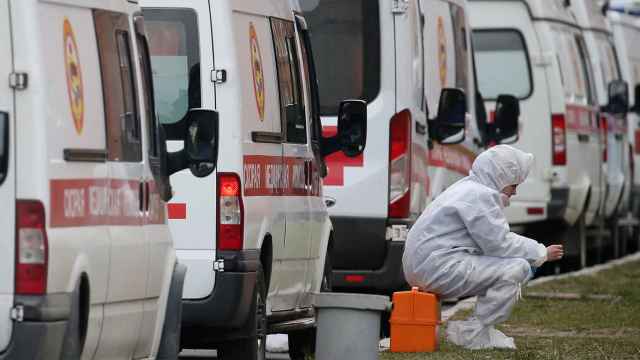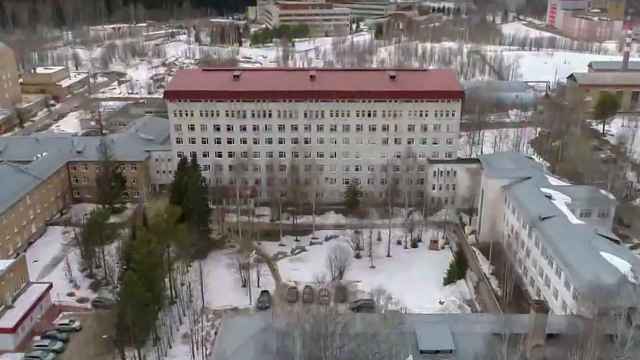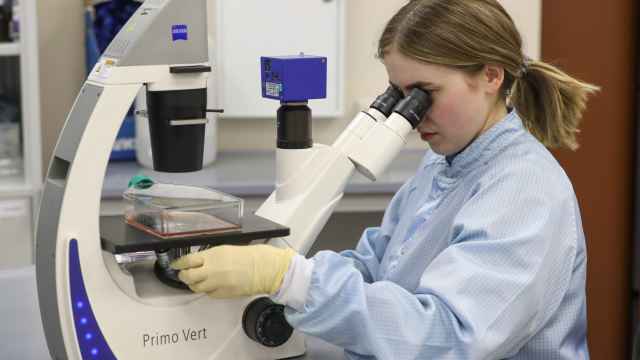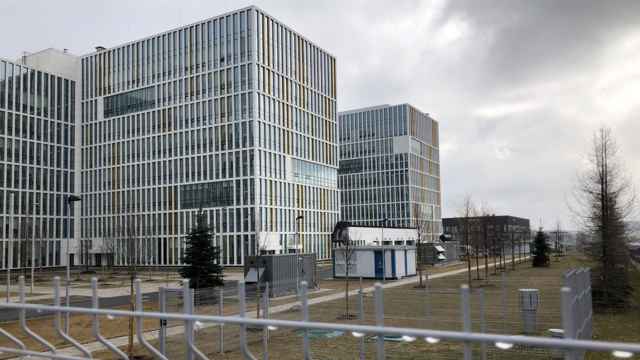Municipal hospital doctors in Moscow are being required to test the malaria treatment drug hydroxychloroquine on themselves to see if it could prevent coronavirus, BBC Russia reported Friday.
More than a dozen countries are studying the coronavirus prevention and treatment effects of hydroxychloroquine, according to the Moscow study’s recently created website that invites doctors to participate. Scientists have urged countries to hold off on using hydroxychloroquine, which studies warn can be deadly when combined with other drugs, until larger trials show its safety and effectiveness.
“There’s an option to refuse [Moscow’s hydroxychloroquine study] but department heads are making it mandatory for their employees to register,” BBC Russia quoted a letter from an unnamed infectious diseases hospital as saying.
The study’s website underscores that participation in the hydroxychloroquine study is “exclusively voluntary.” It lists 10 Moscow hospitals as the study’s participants, including one whose chief doctor was diagnosed with coronavirus days after giving a personal hospital tour and shaking hands with President Vladimir Putin.
Participating doctors would be issued 200 milligrams of hydroxychloroquine twice a day for two weeks, then once a day for three months, the study’s website says.
Moscow Mayor Sergei Sobyanin’s late-March order imposing a “special-readiness regime” calls for the distribution of approved antiviral medicine to coronavirus patients, as well as the medics who treat them, at no cost. The Russian Health Ministry’s interim recommendations to treat and prevent coronavirus include hydroxychloroquine but warn that the drug’s effectiveness is not yet proven.
Moscow’s health department last week issued a tender to buy 2.6 million rubles ($33,200) worth of hydroxychloroquine.
Reports of the drug’s potential to treat coronavirus cases were said to have caused a shortage of hydroxychloroquine in a majority of Moscow’s offline and online pharmacies.
Russia confirmed 6,343 overall coronavirus infections and a total of 47 deaths Monday. The majority of Covid-19 cases are in Moscow, with 4,484 infections and 29 deaths in the Russian capital.
A Message from The Moscow Times:
Dear readers,
We are facing unprecedented challenges. Russia's Prosecutor General's Office has designated The Moscow Times as an "undesirable" organization, criminalizing our work and putting our staff at risk of prosecution. This follows our earlier unjust labeling as a "foreign agent."
These actions are direct attempts to silence independent journalism in Russia. The authorities claim our work "discredits the decisions of the Russian leadership." We see things differently: we strive to provide accurate, unbiased reporting on Russia.
We, the journalists of The Moscow Times, refuse to be silenced. But to continue our work, we need your help.
Your support, no matter how small, makes a world of difference. If you can, please support us monthly starting from just $2. It's quick to set up, and every contribution makes a significant impact.
By supporting The Moscow Times, you're defending open, independent journalism in the face of repression. Thank you for standing with us.
Remind me later.


